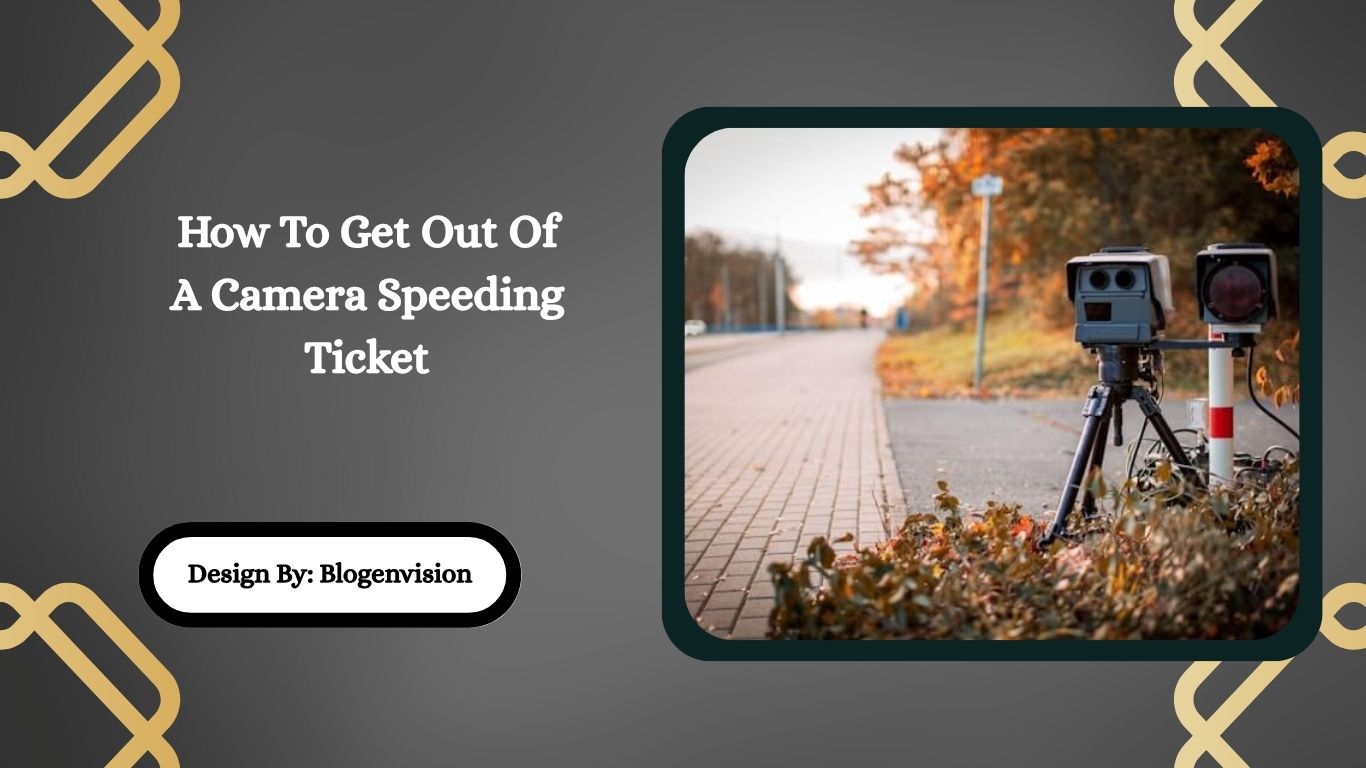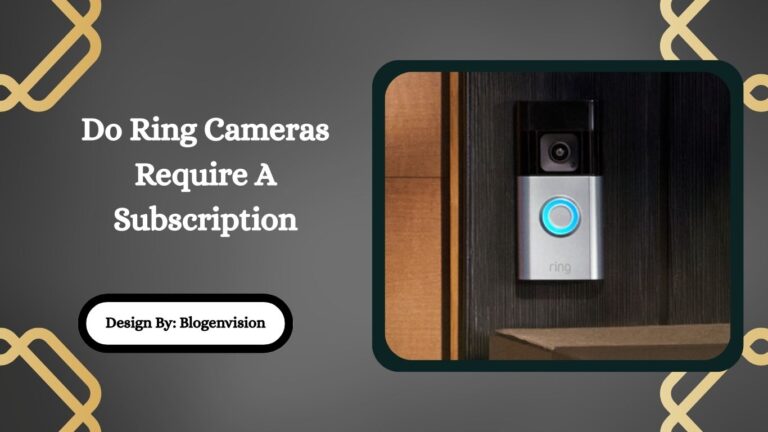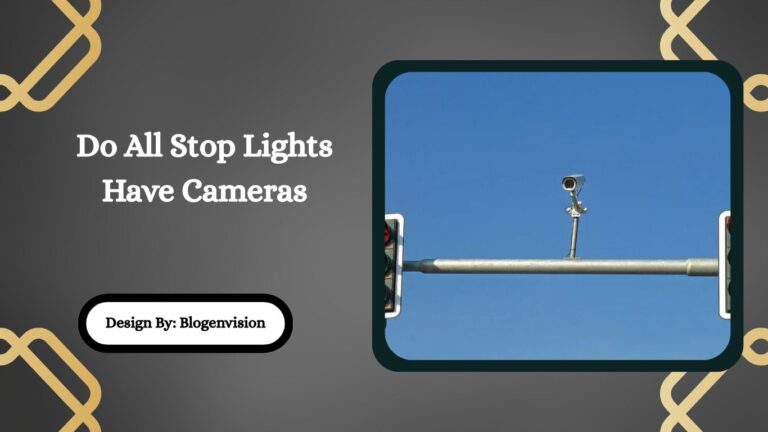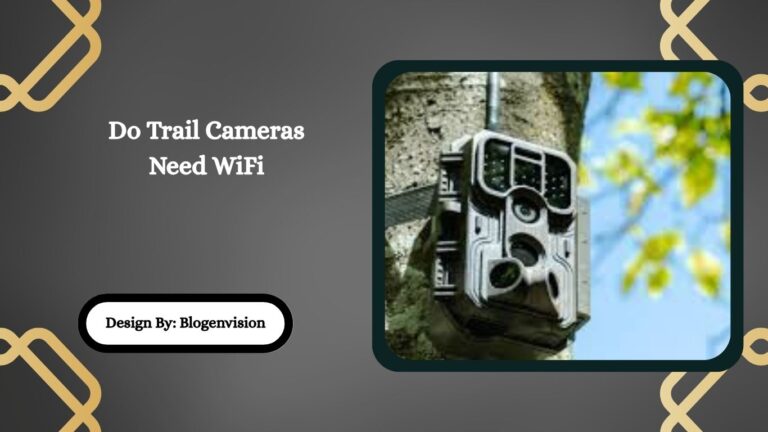How To Get Out Of A Camera Speeding Ticket – Full Guide!
You can fight a camera speeding ticket by identifying errors, showing improper signage, proving you weren’t driving, or requesting a hearing. Legal defenses and technical issues may help get the ticket dismissed.
Speed cameras are becoming increasingly common on roads worldwide, helping law enforcement catch speeders without needing a traffic stop. However, many drivers wonder: “Is it possible to get out of a camera speeding ticket?” The answer is yes — under certain conditions, you may be able to fight or dismiss a speeding ticket from a camera.
In this article, we’ll explore how to get out of a camera speeding ticket, including legal loopholes, common errors, appeal strategies, and tips to protect your driving record.
What Is a Camera Speeding Ticket?
A camera speeding ticket is issued when an automated traffic enforcement camera detects a vehicle exceeding the posted speed limit. These systems photograph the vehicle’s license plate and automatically issue a citation to the registered owner.
Speed cameras are commonly placed in:
- School zones
- High-accident areas
- Highways with heavy traffic
- Red-light intersections
Can You Legally Fight a Camera Speeding Ticket?
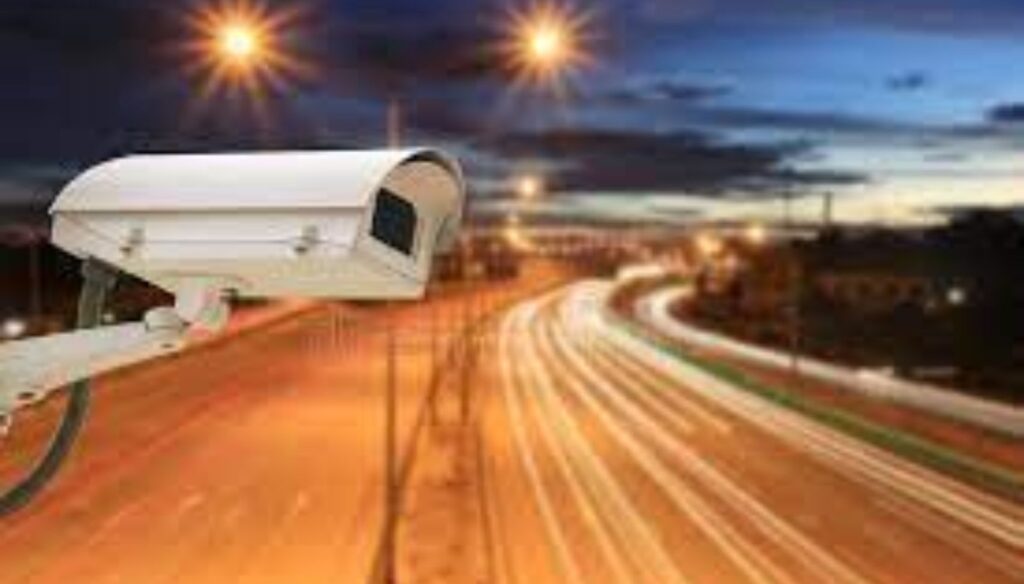
Yes. Although camera tickets are often considered accurate and automated, they are not foolproof. Technical issues, improper signage, incorrect driver identification, and other legal defenses can help you fight the ticket.
Here are the main legal grounds to challenge a speeding camera ticket:
The Camera Was Not Properly Calibrated
Most states or regions require speed cameras to be regularly tested and calibrated. If the enforcement agency cannot provide evidence of recent calibration or maintenance, you may have grounds to dismiss the ticket.
What to Do?
- Request calibration records from the city or agency that issued the ticket.
- Check if the records are outdated or incomplete.
- Present this information in court or to the adjudication office.
Poor or Missing Signage
In many jurisdictions, clear signage warning drivers of speed enforcement cameras is required. If the area lacked appropriate signs, you might argue you weren’t adequately warned.
What to Do?
- Visit the ticket location and take photos or videos of the signage (or lack of it).
- Confirm if warning signs were placed before the enforcement zone, as per local law.
You Were Not the Driver
Speed camera tickets are usually sent to the registered vehicle owner, regardless of who was driving. If you weren’t behind the wheel at the time, you may not be liable.
What to Do?
- Submit an affidavit declaring that someone else was driving.
- Provide proof if possible (e.g., your location at the time, witness testimony).
- Some jurisdictions allow you to nominate another driver to take responsibility.
Incorrect or Incomplete Ticket Information
A small clerical error may invalidate a ticket. Common mistakes include:
- Wrong license plate number
- Incorrect date or time
- Wrong location
- Missing identifying photo
What to Do?
- Carefully review your citation.
- Compare the vehicle photo and plate with your car.
- If there’s a clear error, contact the issuing agency or dispute the ticket in court.
Request a Trial or Court Hearing
In many jurisdictions, you can contest a ticket by requesting a court hearing. This gives you the opportunity to present evidence and argue your case.
What to Do?
- Check your citation for instructions on requesting a hearing.
- Prepare evidence (photos, documents, legal statutes).
- Be polite and factual when presenting your defense.
- If the issuing officer or camera technician doesn’t appear, the ticket may be dismissed.
Technical or Legal Defenses
Some legal defenses can apply depending on your jurisdiction. Examples include:
- The camera company has no legal authority to issue fines.
- Your constitutional rights (such as the right to face your accuser) were violated.
- The ticket lacks a sworn officer’s signature or required certification.
What to Do?
- Research local laws or consult an attorney.
- Review previous cases in your city or state for similar dismissals.
Delay in Notification
In some places, traffic camera tickets must be mailed within a specific number of days from the date of violation. If it arrives late, it might be invalid.
What to Do?
- Check the issue date on the citation.
- Compare it to the date of the violation.
- Look up your local statute of limitations for ticket delivery.
Should You Just Pay the Ticket?
If the fine is low and there’s no impact on your license or insurance, some drivers choose to simply pay the ticket. However, you should still verify that there are no hidden consequences, such as:
- Points on your driving record
- Increased insurance premiums
- Vehicle registration holds
- Court processing fees
Smart Tips to Avoid Speed Camera Tickets
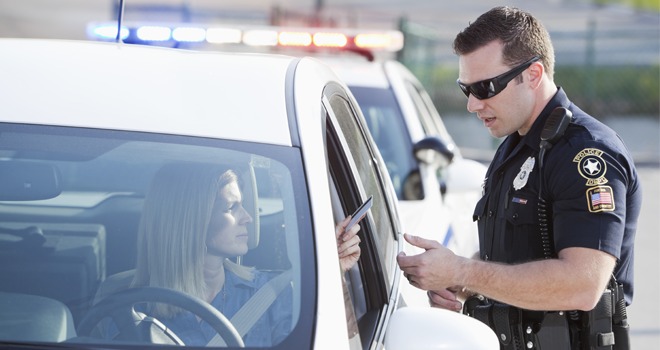
Here are some proactive tips to avoid getting ticketed in the first place:
- Use navigation apps (like Waze or Google Maps) that alert you to camera zones.
- Always observe posted speed limits, especially in school zones and intersections.
- Keep your registration and contact info up to date to receive any citations promptly.
- Invest in a dash cam to document your driving in case of disputes.
Are Camera Tickets Enforced Everywhere?
Not all camera speeding tickets are enforceable — it varies widely by location:
- In the U.S., states like California, Texas, and New York use speed and red-light cameras in certain cities.
- Some states have banned or restricted them, such as New Hampshire and South Carolina.
- Internationally, countries like the UK, Australia, and Canada use speed cameras extensively, with strict enforcement.
Always check the local laws in your region.
Should You Hire a Lawyer?
If the fine is high, your license is at risk, or you believe the ticket was unfair, hiring a traffic attorney can improve your chances of dismissal. Lawyers know how to navigate loopholes, challenge evidence, and negotiate lower penalties.
FAQs:
1: What should I do first after receiving a camera speeding ticket?
Start by reading the ticket carefully. Check the violation details, location, and photo. Identify any errors or legal grounds to dispute it, such as missing signage, blurry images, or incorrect registration info.
2: Are speed camera tickets automatically enforceable in all states?
No. Some states limit or ban automated enforcement. Check your local laws—if the camera wasn’t legally authorized, the ticket might be invalid or unenforceable, giving you a solid reason to contest it.
3: Can missing or unclear signage get a ticket dismissed?
Yes. If legally required warning signs are missing or not visible before the speed camera zone, you may argue that you weren’t adequately warned, and the ticket could be dismissed on that basis.
4: What if I wasn’t driving when the violation happened?
You may submit an affidavit or documentation proving another person was driving. Some jurisdictions allow you to nominate the correct driver to take responsibility and remove the citation from your record.
5: How do calibration errors affect my defense?
If the speed camera wasn’t recently calibrated or maintained, its accuracy is questionable. Request maintenance logs or calibration records. If those are missing or outdated, the ticket may be dismissed in court.
Conclusion:
While camera speeding tickets may seem automatic, they are not always legally valid. Reviewing the citation for technical or legal errors can provide strong defenses. Factors like unclear photos, faulty equipment, or missing signage may lead to dismissal. If you weren’t the driver, you can dispute the charge. Always act quickly—contest the ticket, request evidence, or consult a traffic lawyer if necessary. Understanding your rights and local laws can help protect your driving record and avoid unnecessary fines or penalties.

